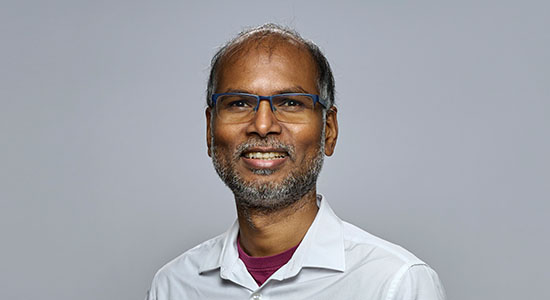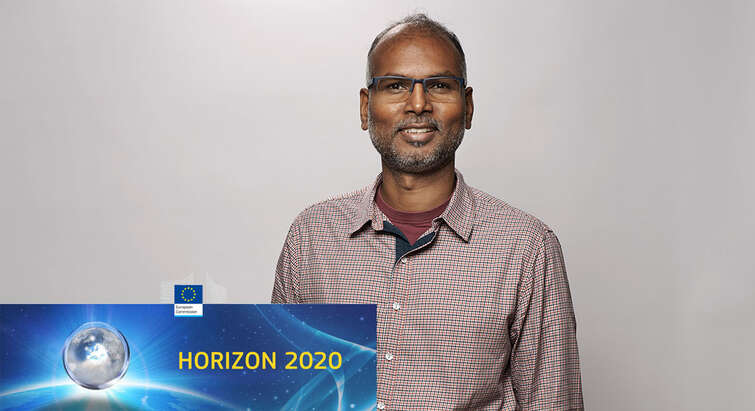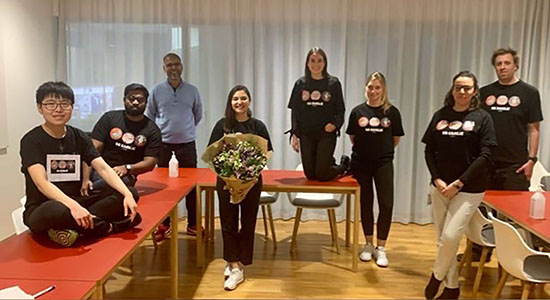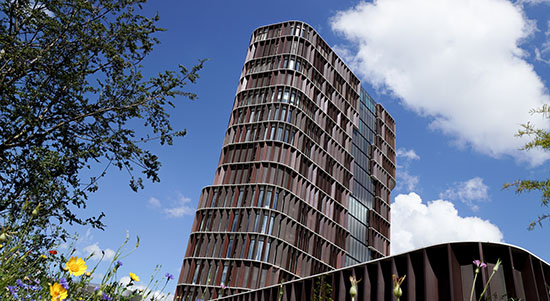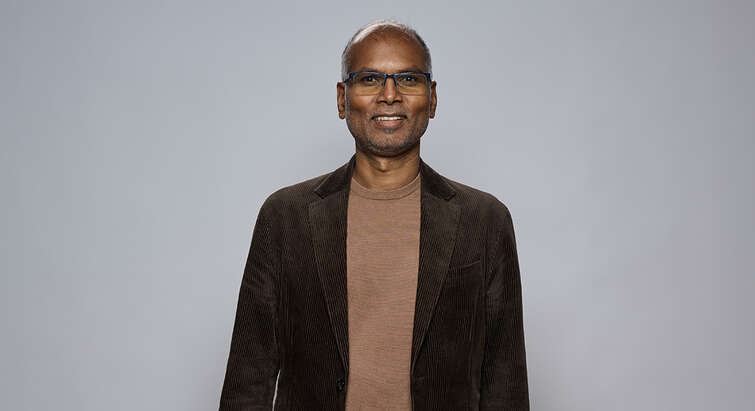
Microbiome Systems Biology in the Arumugam Group
The Arumugam Group investigates how health and diseases are influenced by our gut microbiome; how the gut microbiome interacts with the host and environmental factors, and how we can therapeutically modulate the gut microbiome to improve health.
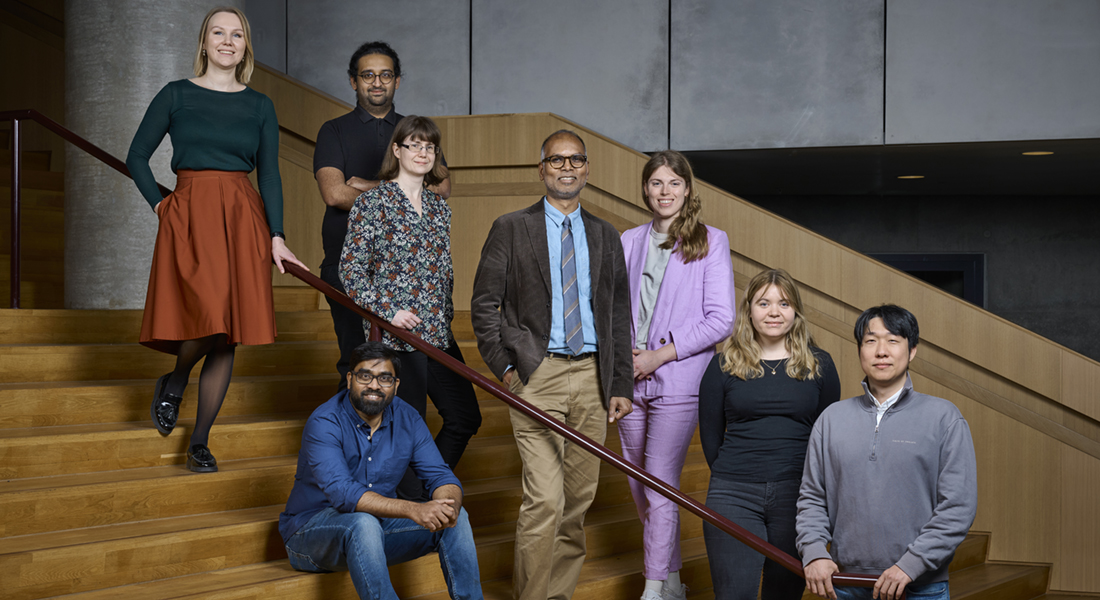
Genetic background, lifestyle changes and lack of physical activity are important factors involved in metabolic disorders. However, emerging evidence suggests that our gut microbiome and their interactions with us also play an important role in our health and well-being. An imbalance in the gut microbiome may signify an unhealthy state of the host and contribute to obesity and diabetes pathogenesis.
The Arumugam Group aims to study the interactions between the host and the gut microbiome in order to understand the molecular mechanisms underlying metabolic disorders. The Group takes interdisciplinary approaches combining multi-omics microbiome data to study host-microbial crosstalk. The Group also investigates therapeutic approaches to modulate the gut microbiome towards improving human health.
“Enterotypes of the human gut microbiome”
Published in Nature in 2011, this study combines sequenced faecal metagenomes of individuals with previously published data sets and identifies three enterotypes that are not nation or continent specific.
“Roux-en-Y gastric bypass surgery of morbidly obese patients shows swift and persistent changes of the individual gut microbiota”
Published in Genome Medicine in 2016, this study describes the changes in gut microbial taxonomic composition and functional potential following Roux-en-Y gastric bypass in morbidly obese patients.
“Meta-analysis of fecal metagenomes reveals global microbial signatures that are specific for colorectal cancer”
Published in Nature medicine in 2019, this meta-analysis showed that the gut microbiome dysbiosis signatures in colorectal cancer are truly global, using eight geographically and technically diverse metagenomic studies.
Novo Nordisk Foundation, Independent Research Fund Denmark, European Union’s Horizon 2020 research and innovation programme, Lundbeck Foundation
Staff list
| Name | Title | Phone | |
|---|---|---|---|
| Alvarez Silva, Maria Camila | Researcher | +4535336512 | |
| Arumugam, Mani | Associate Professor | +4535337581 | |
| Buijink, June Daphne Arnold | PhD Fellow | +4535334815 | |
| Gnanasekaran, Thiyagarajan | Researcher | +4535326899 | |
| Luan, Siyu | Postdoc | +4535327452 | |
| Morozova, Vitalina | Special Consultant | +4535331026 | |
| Szarvas, Judit | Postdoc | +4535323395 | |
| Zi, Ruiyi | Master Student |

